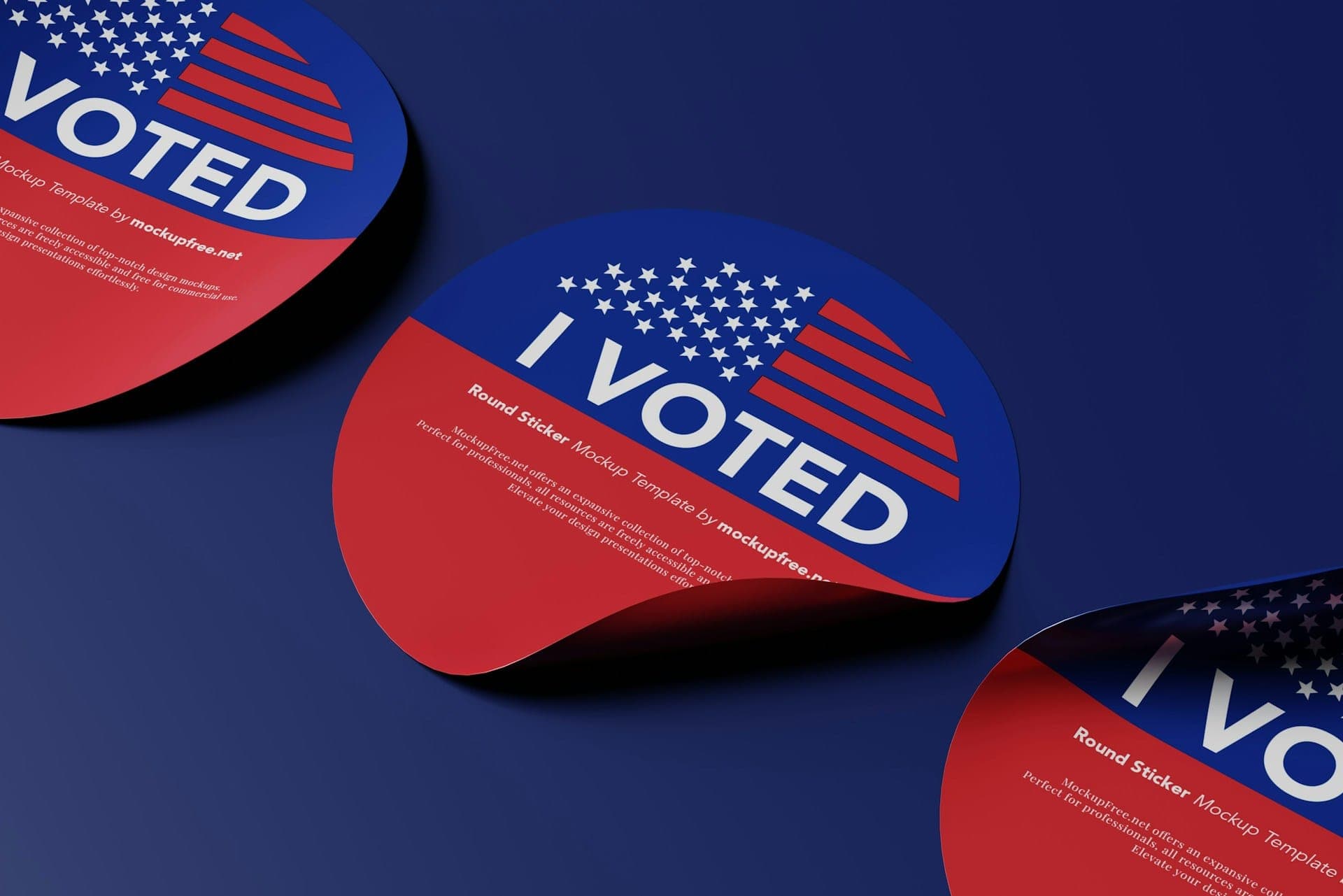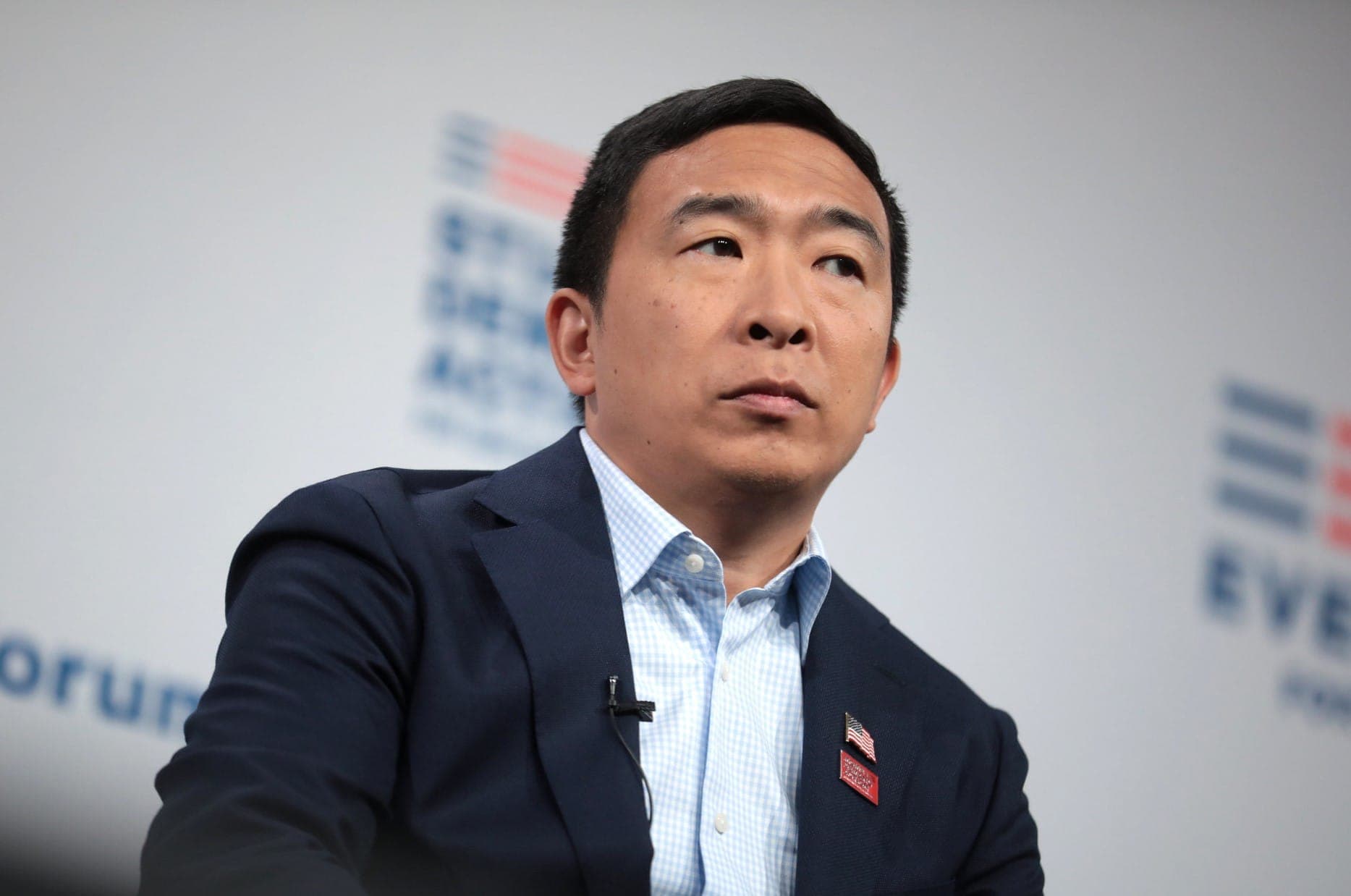Governor Polis Signs Bill That Suppresses the Voice of Colorado Voters

Photo Credit: Mockup Free / Unsplash
Colorado Governor Jared Polis signed an elections bill Thursday that will make it harder for voters to create an electoral system that offers citizens more choice, regardless of their political affiliation.
SB 24-210 went through most of the legislative process strictly as a bill that would make technical and procedural changes to rules and regulations that concern state elections. For example, it requires officials to update financial disclosures.
The bill also lowers the age requirement to pre-register to vote to 15 and updates procedures for replacement ballots. These are things that county clerks favored and voters had no reason to be concerned about.
Then, right before the legislature needed to adjourn, the bill’s sponsor – Denver Democratic Rep. Emily Sirota – added an amendment that erected barriers to implementing nonpartisan primary and voting reform should voters approve it in November.
The targeted ballot initiative, sponsored by Colorado Voters First, would implement a nonpartisan top-four primary system in which all voters and candidates, regardless of party, participate on a single ballot. The top four vote-getters move on to the general election.
This primary method could also be called a Unified Primary System – a term used by Colorado Voters First.
The initiative also requires the use of ranked choice voting (RCV) in the general election to determine a majority winner of the 4 candidates that advance from the primary. It is similar to the electoral model used in Alaska.
Prior to Sirota’s amendment, all that was needed to adopt the electoral changes was a majority vote by Colorado voters. However, the amended SB 24-210 makes the following stipulations before the changes can go into effect:
One, a dozen municipalities that meet specific size and demographic criteria have to adopt and use RCV; Two, the state has to produce a report on the usage of RCV; and Three, the proposed Unified Primary System could not go into effect until the RCV stipulations are met.
Sirota’s amendment was introduced and voted on within a minute. There was no debate and no public input was allowed. Suddenly, a bill that made routine administrative changes to elections now threatened to thwart the ballot initiative process.
Former House Speaker Terrance Carroll called the process by which the amendment was adopted “a gross abuse of power” and former Denver elections director Amber McReynolds said the last-minute antics represent “what voters hate about politics.”
“Unfortunately, if there’s one thing politicians can agree on, it’s holding onto power,” said Nick Troiano, executive director of the Colorado-based nonpartisan group Unite America.
“The amendment, championed by Rep. Emily Sirota (D-Denver), is a cynical act of political self-preservation. Coloradans must seize this moment to speak out against partisans who think elections belong to them and not to voters.”
The Unite America Institute produced a report in May called “Colorado’s Primary Problem,” in which they provide data that shows how partisan primaries and plurality winner elections continue to fuel division and dysfunction despite the state’s leadership in election modernization.
Specifically, the report found that 75% of congressional districts and 83% of state legislative districts are so safe for one party or the other that the most consequential election is the dominant party’s primary.
Further, in 2022, “54 out of 65 state house seats were effectively decided in primaries, and 42 of those had only one candidate running in the dominant party primary.” That is, 42 out of the 54.
Sirota was in one of those 42 districts. In fact, the last time she faced any competition for her seat was in 2018, when she was first elected and had a primary challenger. She easily won the general election with 72% of the vote.
Troiano wrote that Sirota “was effectively elected by just 14% of active registered voters in her district in 2018 and has not faced a competitive election since.”
She ran unopposed in the Democratic primary in 2020, 2022, and will not have an opponent in the 2024 primary. Meanwhile, she sails through the general election with a district makeup that heavily favors her party.
Even in the districts where lawmakers are not so well protected from primary competition, Unite America found that a quarter of the state’s electorate shows up to vote in these taxpayer-funded elections, meaning most elections are decided by a minority of constituents.
“Only voters who participate in the decisive races — nearly always dominant-party primaries in safe districts — cast meaningful votes,” writes the Unite America Institute.
Minority rule in Colorado and in states across the US has a few notable consequences:
Elected officials do not have to worry about being held accountable for their actions by the broader electorate, polarization has gotten worse, and voters feel increasingly unrepresented.
Who elected officials are accountable to is important. If they face no challenge for their seat then they can do things like make a mockery of the citizen initiative process, like Sirota did with SB 210.
And even if she gets a primary challenger, she only needs to hold herself accountable to the most partisan voters who show up to vote in partisan primary elections. Thus, politics will remain heavily polarized and divided.
“The status quo obviously doesn’t work for voters, but it works just fine for the politicians and party in power. That is why they are desperate to keep the old system in place,” stated Troiano.
The reform combination Colorado Voters First is expected to put before voters is designed to change the incentive structure in politics. Nonpartisan primaries put candidates on the ballot before all voters from the start. Voters have the most power over outcomes; not party leaders.
Under a “Top 4” system, it could be that more than one Democrat advances in a district like Sirota’s just like more than one Republican could advance in a Republican-dominated district. The winner is going to be a member of the dominant party, but the question before general election voters would be – which member of the dominant party.
What separates these candidates becomes more consequential to get elected, what voters outside the dominant party think matters, and the candidate who has appeal beyond their party’s base has the best chance of winning.
With RCV added in the general election, the winner is guaranteed to be the person with a majority of the vote, whether outright or over one or more rounds of instant runoff based on the preferences of the electorate at-large.
The ideal outcome is that elected officials are held accountable to a broader majority of the electorate. And in order for an elected official to keep their seat, they have to continue to legislate or govern in a way that better represents their constituency.
As Troiano noted, the current system isn’t working for voters. The proposed Top 4 system with RCV is a nonpartisan solution to give voters more choice, competition, and greater accountability in the electoral and political process.
There is no shortage of research and reports on the impact that nonpartisan voting reform has on representation. There are a few cities in Colorado that already use RCV, including Boulder, Fort Collins, and Telluride.
If the true concern, as Sirota claims, was over the available data on RCV and its impact, then the amendment would have been offered in time for there to be debate, discussion, and public input.
Instead, it was snuck in to avoid public scrutiny.
The amendment creates a difficult, if not insurmountable barrier in front of reforms that are growing in popularity across the US and will also be on the ballot in Nevada and has the signatures needed to be on the ballot in Montana and Idaho.
Even Gov. Polis criticized the amendment, stating when he signed the bill that it was “included at the last moment and without proper stakeholding.” But with the legislature adjourned, Polis was put in a difficult position with the other provisions in the bill.
Polis called the technical and procedural provisions important “to ensure the safe, efficient, and trustworthy administration of the 2024 and future elections.” They are also provisions supported by many county clerks in the state.
These are the type of partisan and self-serving power plays that are allowed to persist under the current electoral system.
 Shawn Griffiths
Shawn Griffiths







